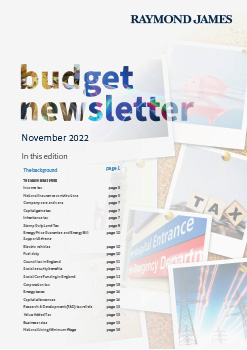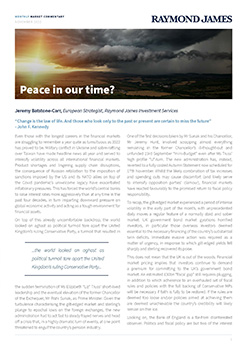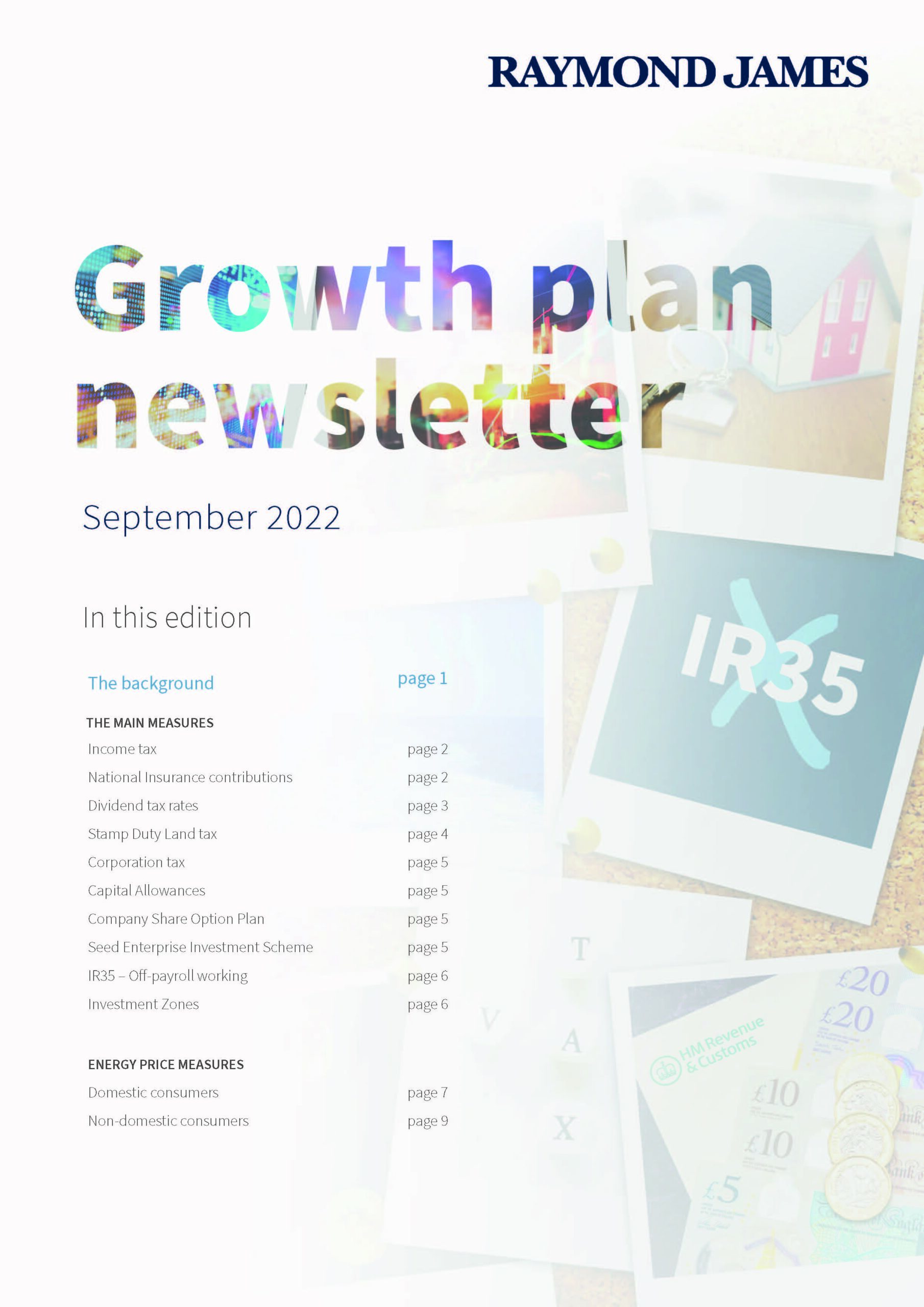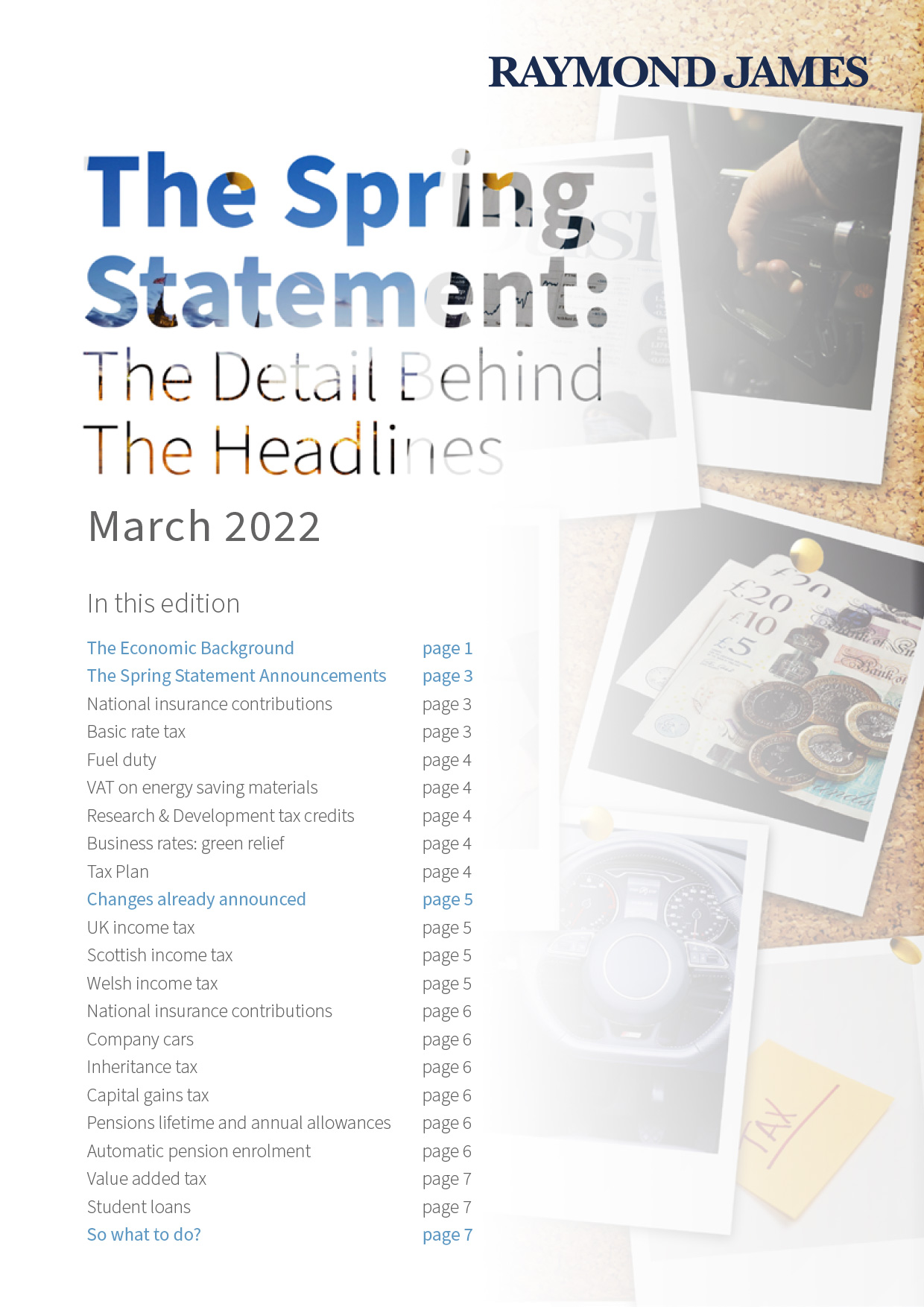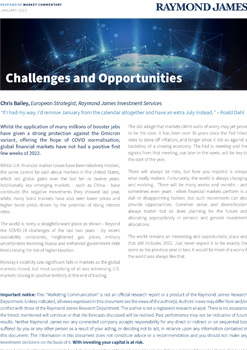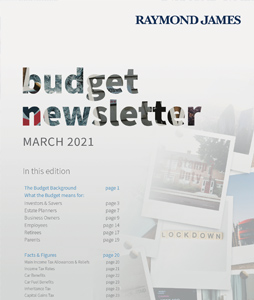The line between Statements and Budgets has blurred in recent years. Chancellor Jeremy Hunt’s second major announcement was designated as an Autumn Statement, but it will have a greater financial impact than most Budgets. A broad range of tax increases and spending cuts ensures that will be the case, regardless of the Treasury branding.
Peace in our time?
Even those with the longest careers in the financial markets are struggling to remember a year quite as tumultuous as 2022 has proved to be. Military conflict in Ukraine and sabre-rattling over Taiwan have made headline news all year and served to intensify volatility across all international financial markets.
Growth plan newsletter
What the Chancellor, Kwasi Kwarteng, presented to the House of Commons on Friday was definitively not a Budget; it was ‘The Growth Plan’. The sixth chancellor since 2016 was careful to avoid the B word, despite the huge sums of spending and borrowing that he announced – greater than in most, if not any, real Budgets, let alone mini-Budgets. When the Autumn Budget proper emerges – probably in November or December it is most unlikely to contain anywhere near such a wide range of radical and costly measures as were announced on 23 September.
The Spring Statement: The Detail Behind The Headlines
If a week is a long time in politics, then the near five months since Rishi Sunak’s second 2021 Budget feels close to a lifetime. Back on 27 October, it looked like 2022 would be a year of recovery in which the pandemic faded in the rear-view mirror and ‘transitory’ inflation duly transited to lower levels. It has not worked out like that.
Challenges and Opportunities
Budget Newsletter
Less than eight months ago, Rishi Sunak presented a Budget that was anticipating the ending of the pandemic’s impact on the UK economy. He announced extensions and end dates for the furlough scheme, the self-employed income support scheme, reduced VAT for hospitality and the £20 a week uplift to Universal Credit. To finance some of that expenditure, the Chancellor also revealed a 6% increase in corporation tax, deferred until 2023.
Budget Newsletter
It is less than a year since Rishi Sunak presented his first Budget, after having been in the role of Chancellor for less than a month. His despatch box première featured an allocation of £12bn towards mitigating the impact of the Covid-19. Ironically, on the same day as Mr Sunak revealed that boost to spending, the World Health Organisation declared the outbreak a pandemic. Total expenditure in the U.K. on dealing with the pandemic is now estimated to be around £300bn.

